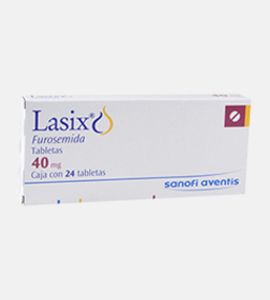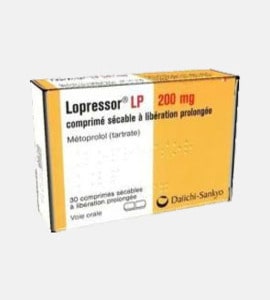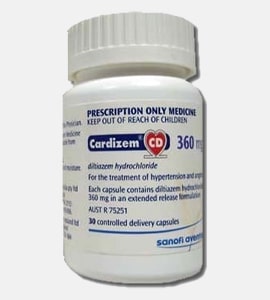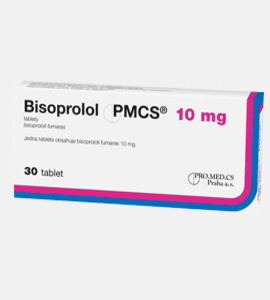Description
Common use
Furosemide is a loop diuretic causing fast and short diuresis. It possesses natriuretic effect and also decreases levels of Cl- in blood, increases excretion of K+, Ca2+, Mg2+. Penetrating into a renal tubule in ascending thick limb of Henle's loop it blocks re-absorption of Na+ and Cl-. Due to increased excretion of Na+ secondary intensified excretion of water occurs and as well as increased secretion of K+ in the distal part of the renal tubule. Simultaneously excretion of Ca2+ and Mg2+ increases. Furosemide is used to treat oedema syndrome in patients with chronic heart failure (degree II and III), cirrhosis, diseases of kidneys, acute heart failure (pulmonary oedema), brain oedema, hypertensive crisis, arterial hypertension and others.
Dosage and direction
Take exactly as it was prescribed by your doctor.
Precautions
Before using Furosemide, consult your doctor if you suffer from kidney disease, liver disease, gout, lupus, diabetes, or an allergy to sulfa drugs. Avoid becoming dehydrated as Furosemide makes you urinate more often. Do not stop taking the drug even if you feel fine as high blood pressure often has no symptoms. Avoid taking the drug if you are pregnant or breastfeeding.
Contraindications
Hypersensitivity, acute kidney failure with anuria, severe liver failure, liver coma and precoma, stenois of urethra, acute glomerulonephritis, urinary tract obstruction, precoma, hyperglycemic coma, gout, arterial hypotension, heart attack, pancreatitis and others.
Possible side effect
Contact your physician for medical attention if you have signs of allergy or any following conditions: dry mouth, thirst, nausea, vomiting; weakness, drowsiness, restless, or light-headed, fast or uneven heartbeat, muscle pain, less than usual urination or absence of urination, easy bruising or bleeding, red blistering skin rash, hair loss.
Drug interaction
Hearing damage may occur if Furosemide is administered with aminoglycoside antibiotics (gentamicin and others) or Edecrin - another diuretic. Concomitant use of Furosemide and aspirin may cause high blood levels of aspirin and aspirin toxicity. Furosemide is able to reduce excretion of lithium by the kidneys. Sucralfate (Carafate) reduces the action of Furosemide. Intake of Ingestion of Furosemide and Sucralfate should be separated by two hours.
Missed dose
The medication is sometimes administered for single use so you will not need a dosing schedule. If you take Furosemide regularly and forgot to take a dose take it as soon as you remember. Skip the missed dose if it is almost time for the next intake. Resume your regular schedule. Do not compensate for the missed dose by taking an extra one.
Overdose
In case of loss of appetite, ringing in ears, severe weakness, dizziness, confusion, lightheadedness, or fainting, seek for immediate doctor's attention.
Storage
Keep away from children at room temperature in a dry and dark place.



